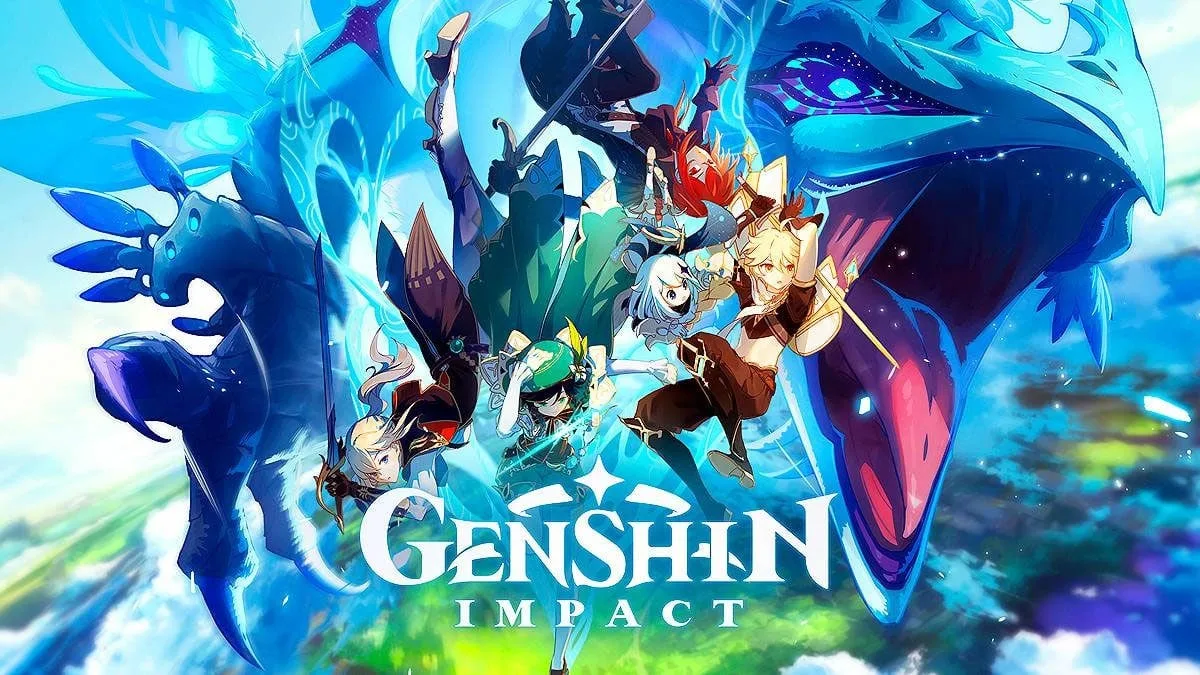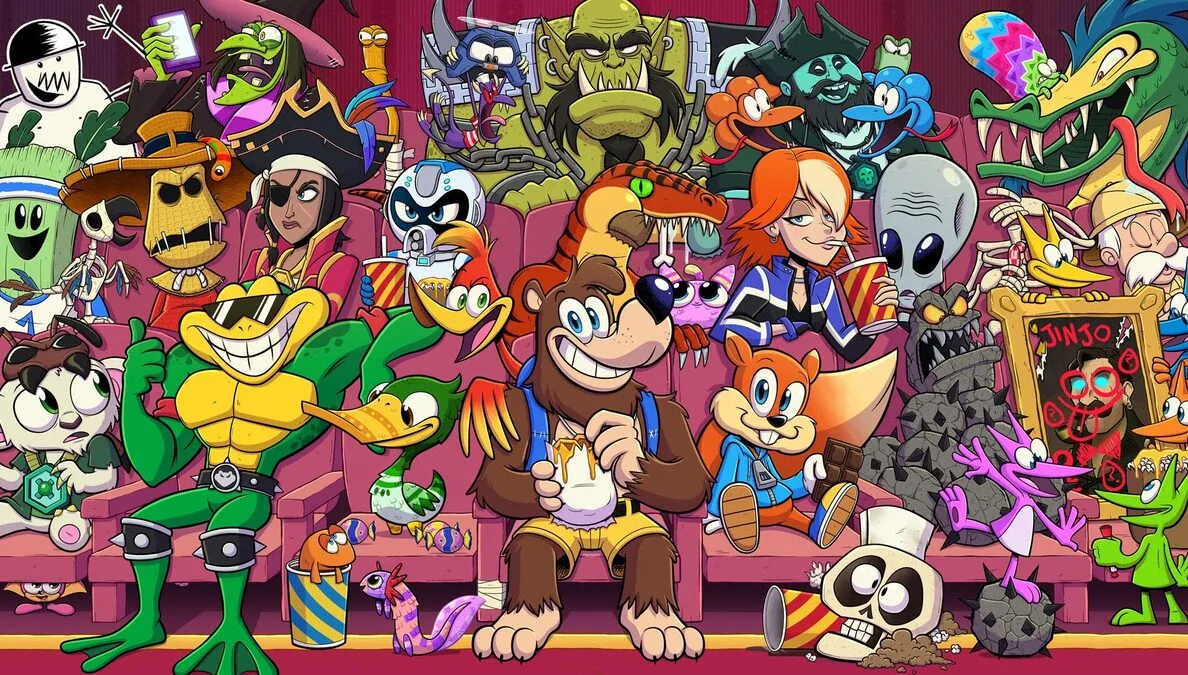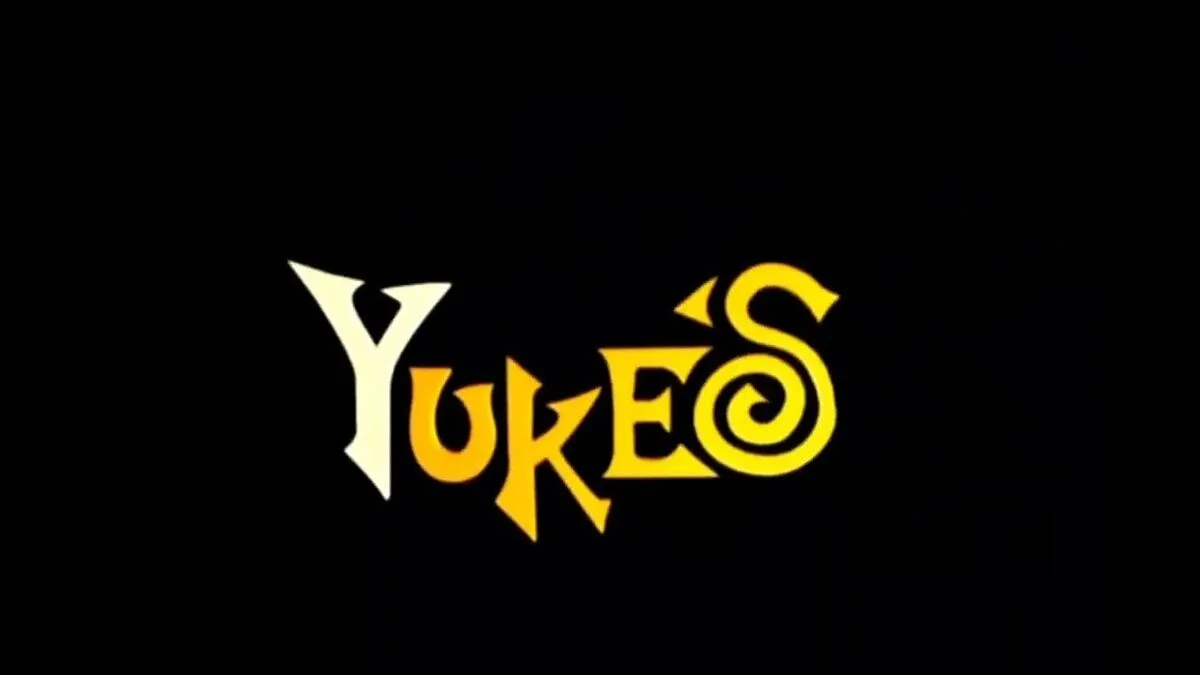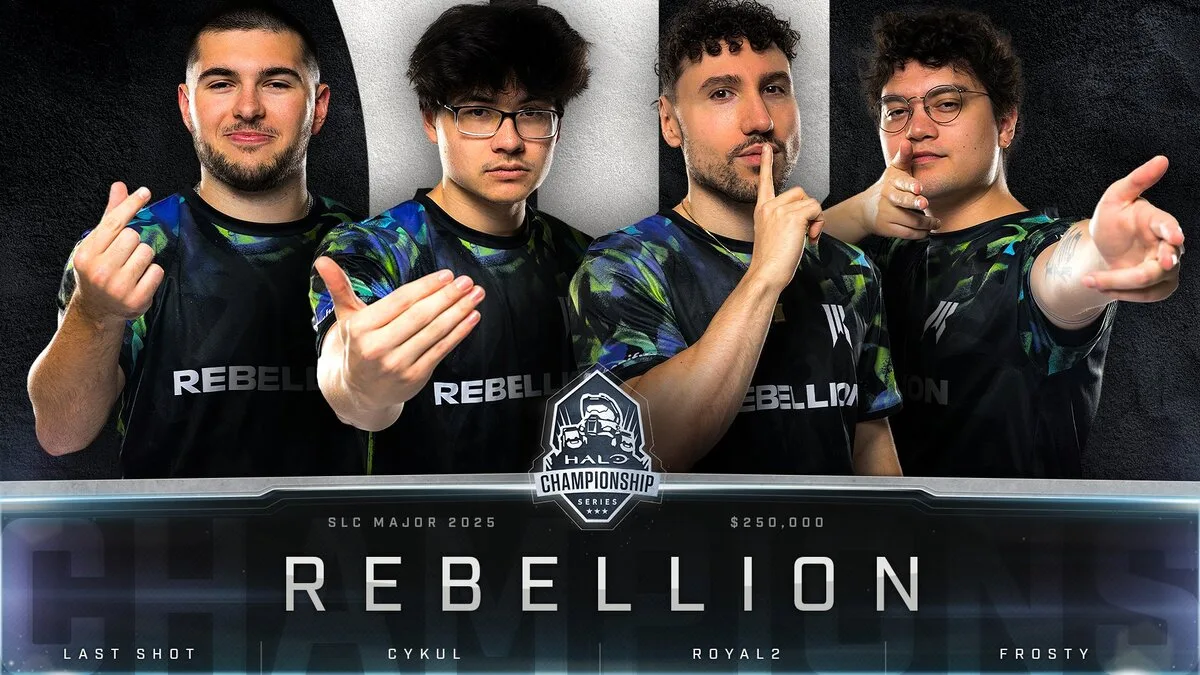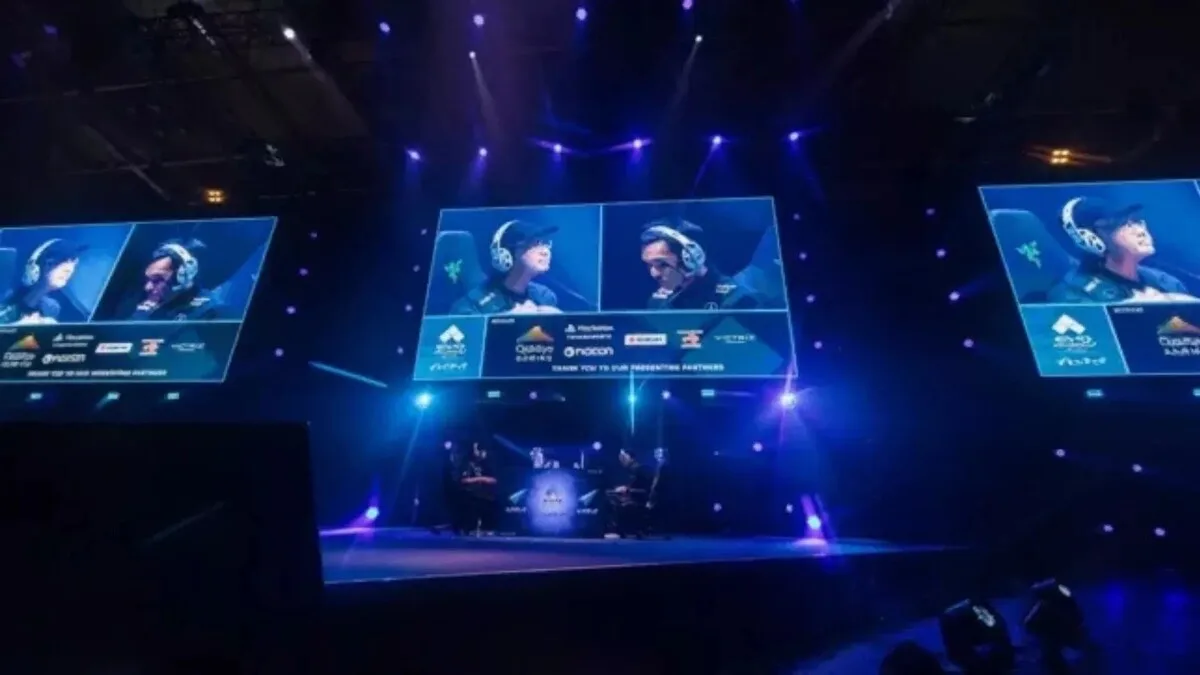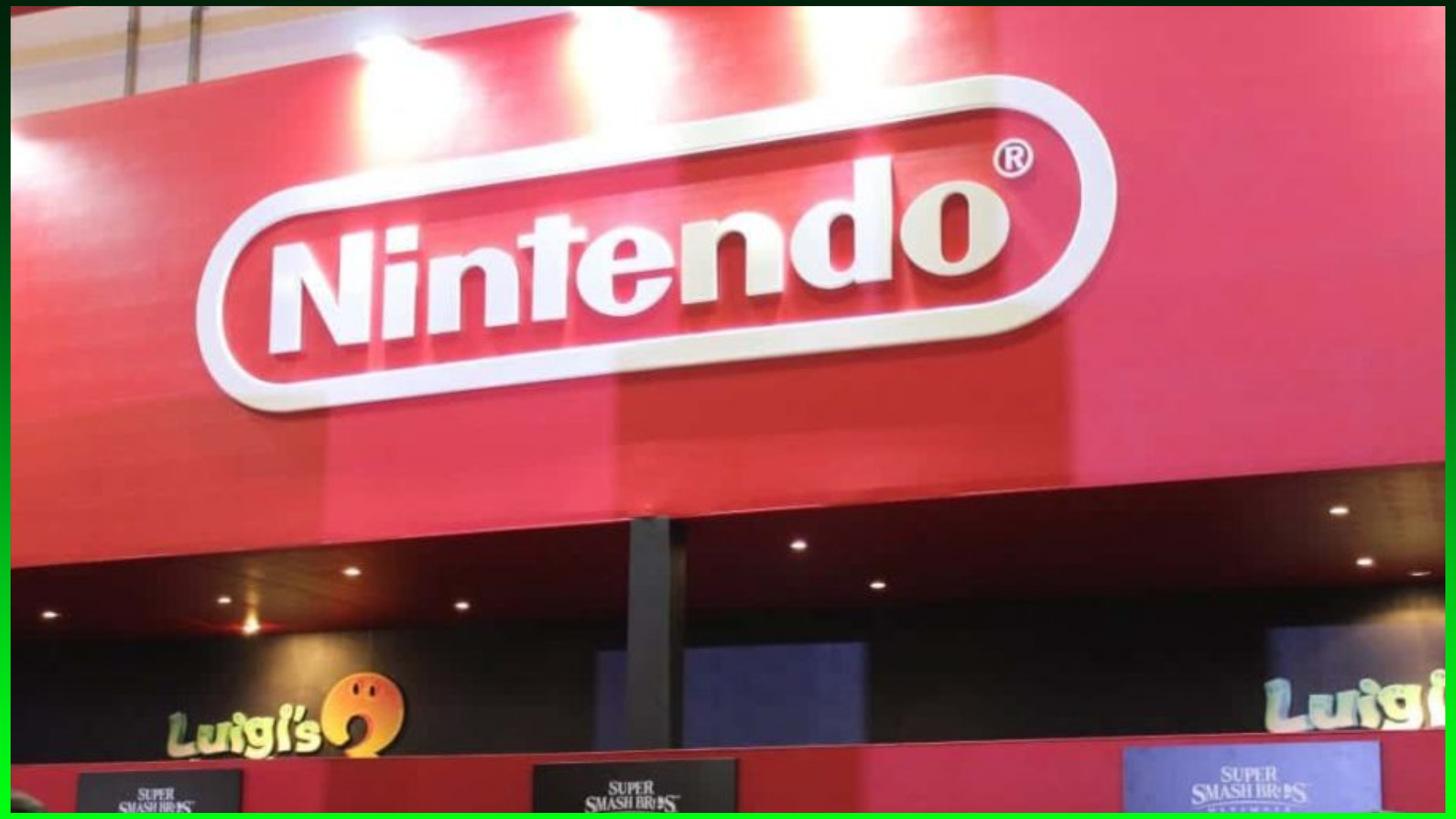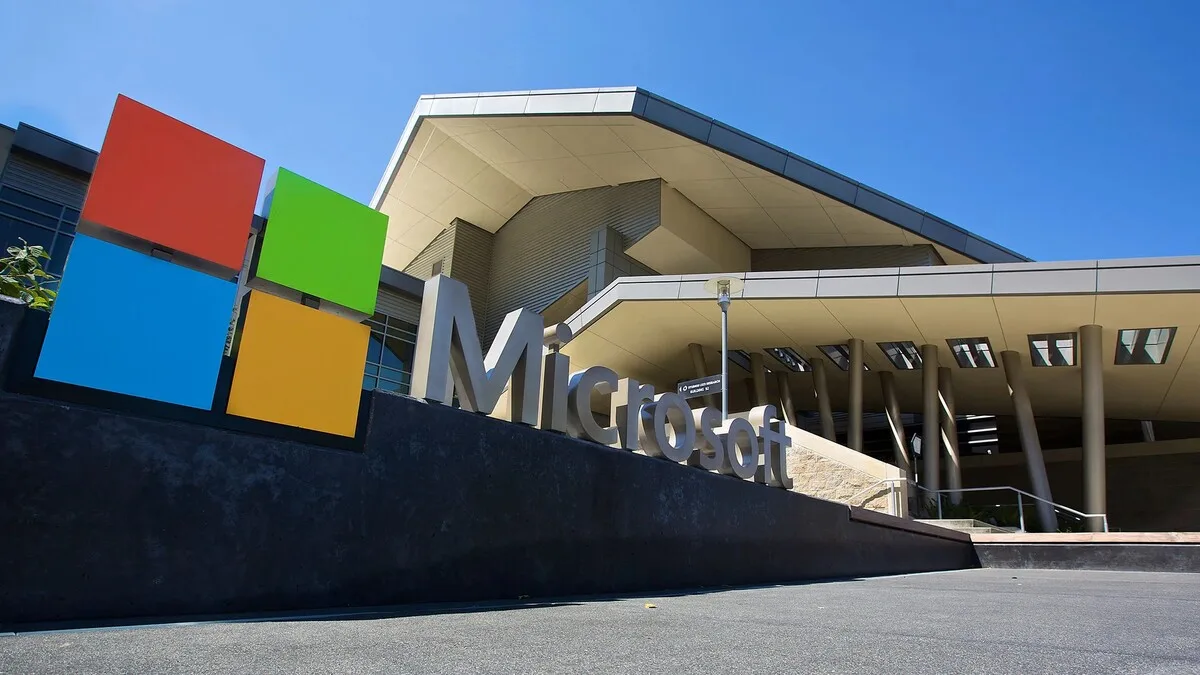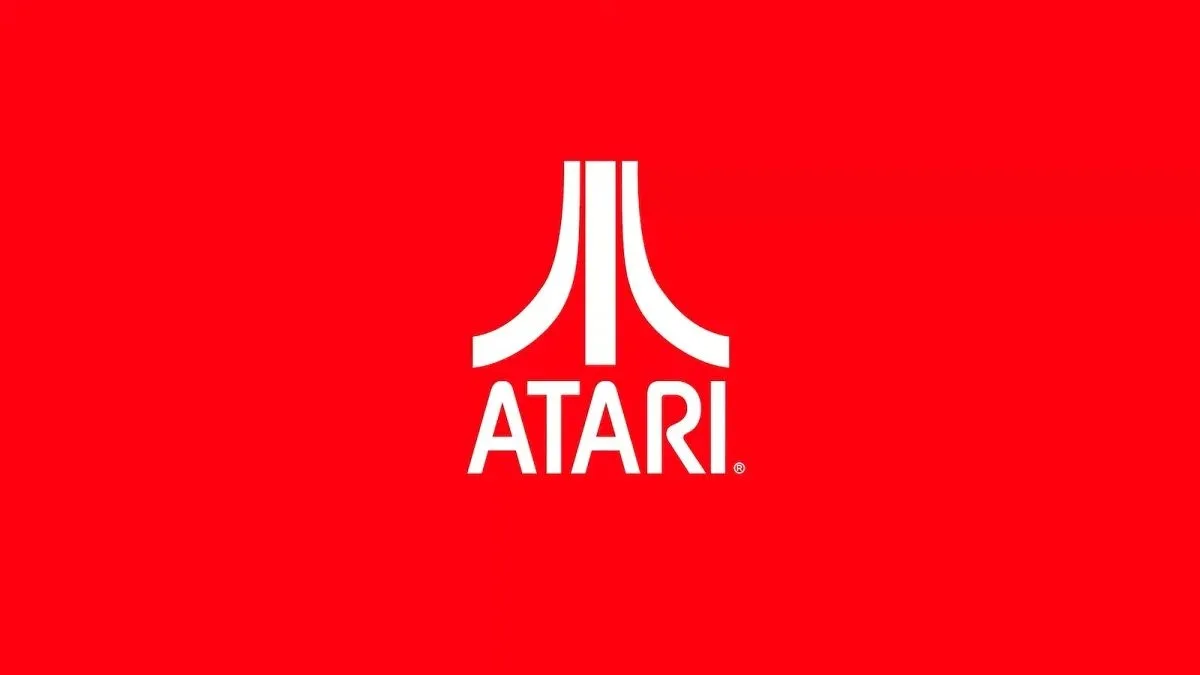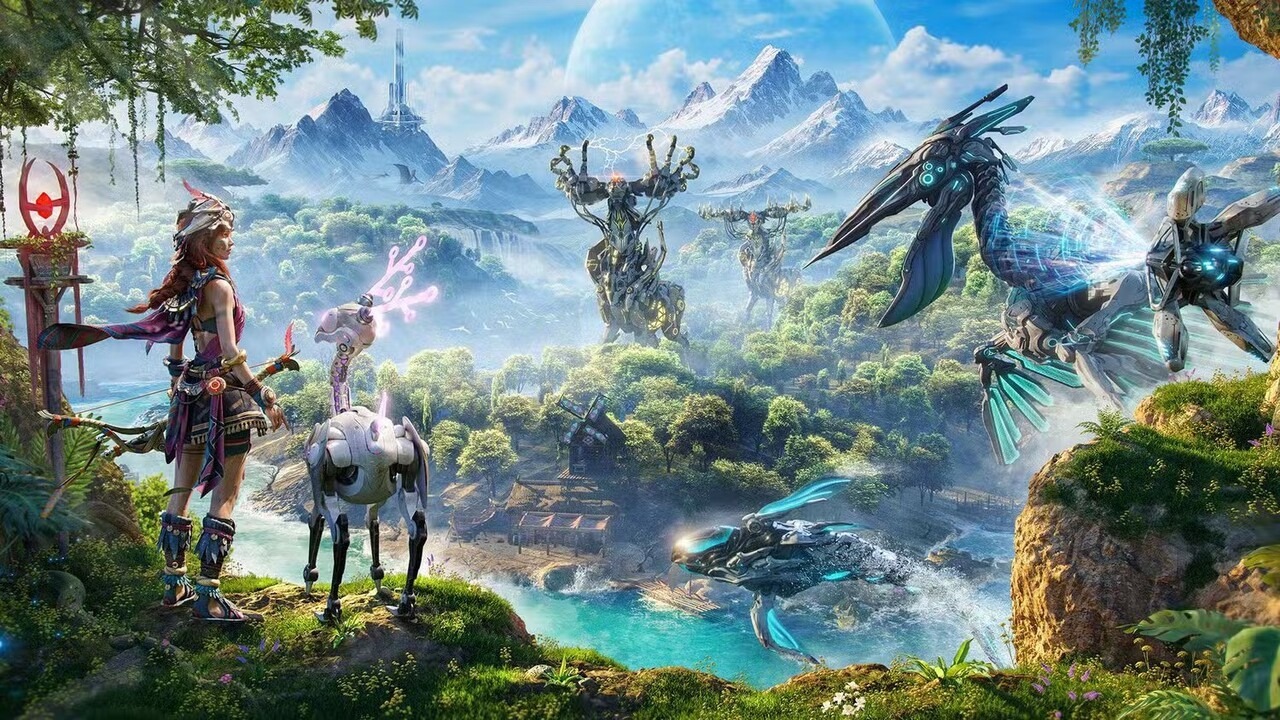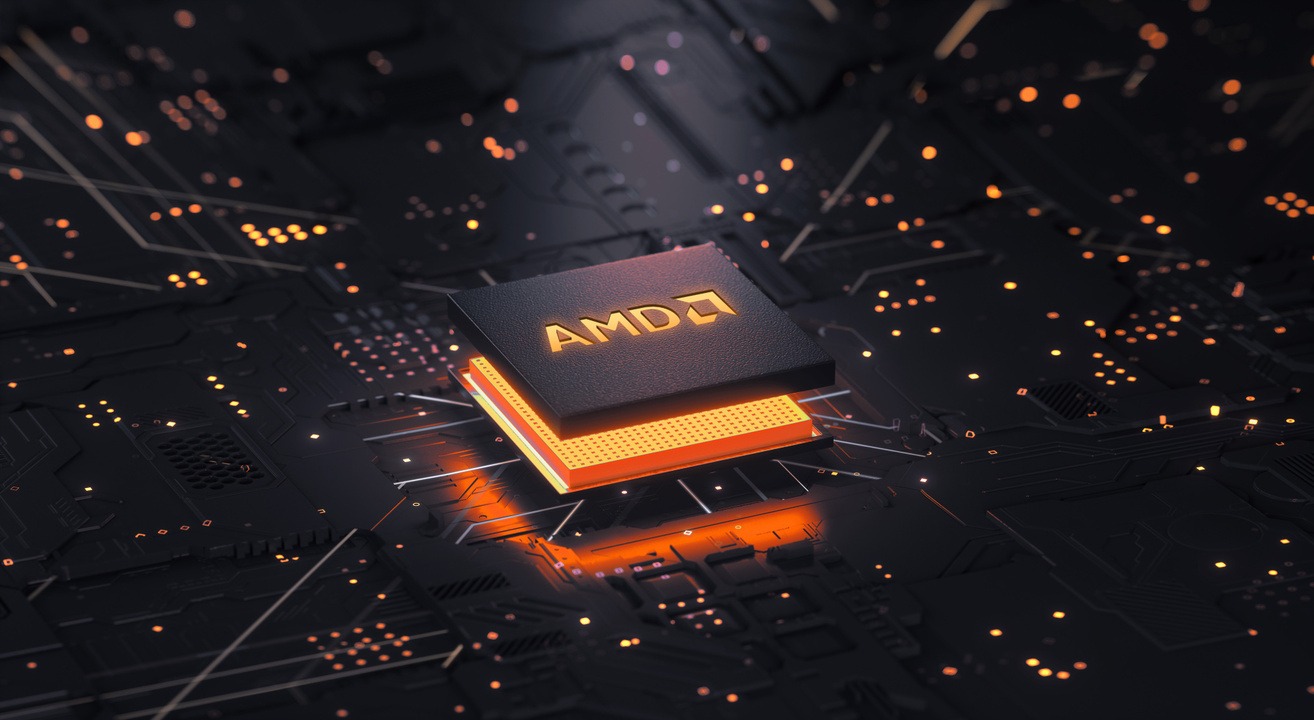
Q2 2025 Earnings for AMD means good days are still kicking
Advanced Micro Devices (AMD) just dropped its Q2 2025 earnings report, and while Wall Street had mixed reactions, the gaming world has plenty to celebrate. From record-breaking Ryzen sales to a booming semi-custom console business,… Q2 2025 Earnings for AMD means good days are still kicking
